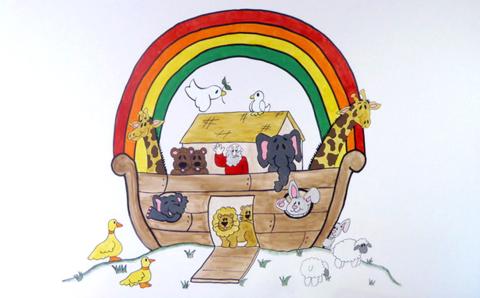What are our callings when we reach retirement?
Most reflection about vocation focuses on career transitions and development. By comparison, we spend very little time thinking about calling and retirement. According to a recent study by Michelle Pannor Silver (Retirement and Its Discontents), for those who are deeply devoted to their professions, retiring is a time of deep ambivalence, grief, and fear of irrelevance. For them, retirement parties are more like funerals than celebrations. Both homemakers and former CEOs feel similarly lonely and miss their earlier occupations and related identities.
Our callings unify the otherwise disparate aspects of our lives and occupations. At every stage of life God calls us to receive love from and to care for others.
On one hand, many people entering into retirement and older adulthood experience grief, suffering, and loss of health and loved ones. On the other hand, many people’s most creative and productive activity comes late in life. During retirement we are called to discern the varied ways our new status can become an opportunity to be of service to others—our children, grandchildren, siblings, parents, churches, and wider communities. We must also discern and accept the often-needed help of others.
Our later years are times of remembering our past as well as preparing for entering into everlasting life. As we remember our past, we are called to be thankful rather than to focus on regrets. My father once told me that when my grandfather was dying, he told my father that he would not have changed a single thing that had happened to him throughout his life. That life included surviving the Great Depression and enduring the death of his teenage daughter. My father was surprised by these words and said he doubted he’d feel the same way when he faced his final days. Apparently, my grandfather had a deep sense of God’s goodness and providence and was giving thanks for the life God had given him. Gratitude, as the Heidelberg Catechism teaches, is at the heart of the Christian life; it is also at the heart of the later years of our lives.
About the Author
Douglas J. Schuurman is a professor of religion at St. Olaf College, Northfield, Minn.






